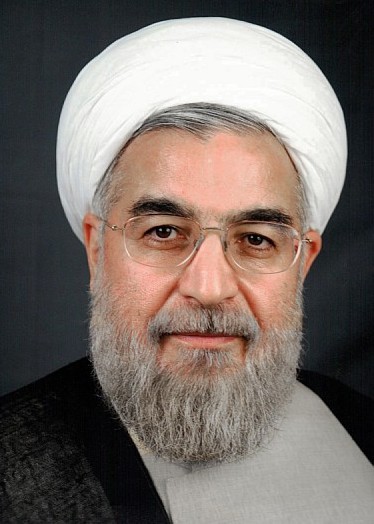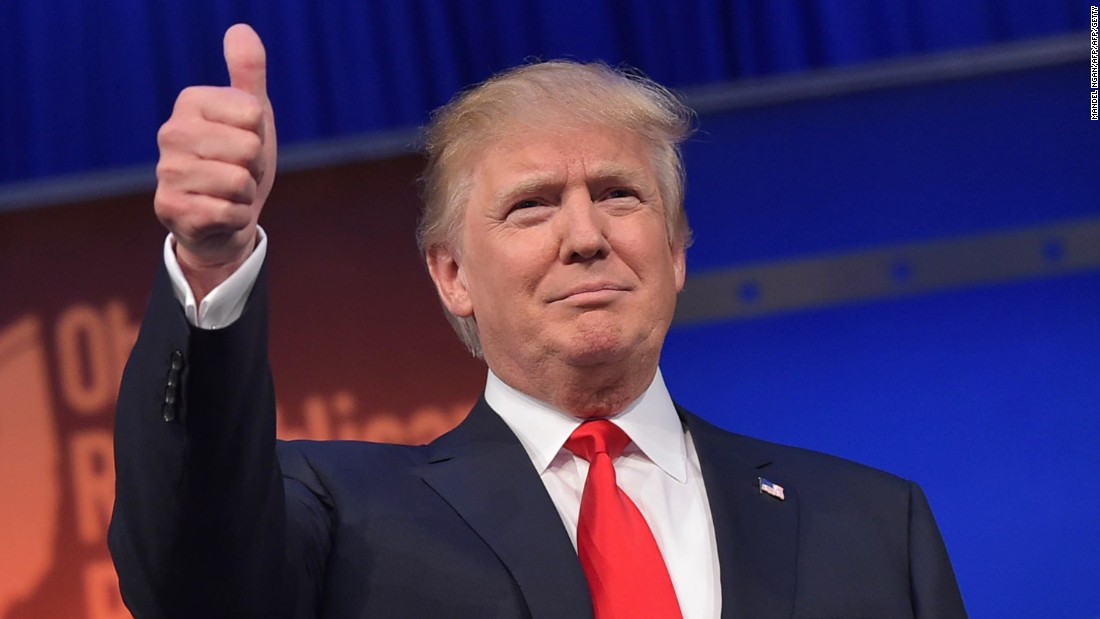As you have probably heard, Rand Paul dropped out of the presidential race last week after a disappointing showing in Iowa. While this was not altogether surprising, it was certainly depressing. Paul was the last major party candidate in the race that was willing to consistently say something remotely compatible with a peaceful foreign policy. Without him, the clear consensus from everyone is to continue bombing at least Iraq and Syria, continue the drone assassination program, and strengthen an Israeli government which
openly prefers ISIS to Iran, amongst other maladies.
But as we recover from the reality that the next president will almost certainly preside over four more years of war, it is important to dissect and understand the failure of the Rand Paul campaign. Here we'll try to make three main points.
Don't blame libertarianism.
Pundits from the
progressive left to the
establishment right, are gleefully citing Paul's failure as a failure of the libertarian philosophy. This is a mistake for the obvious reason that Rand Paul deliberately did not run as a libertarian.
Back in 2010 when Rand Paul ran for Senate in Kentucky, he ran as an outsider that was fueled by the Tea Party outrage. But he was still sure to brand himself as a Republican, just a new kind. This is what he had to say about
libertarianism:
They thought all along that they could call me a libertarian and hang that label around my neck like an albatross, but I'm not a libertarian.
And that general idea continued to guide Paul's tenure in the Senate. He took the libertarian stance on some issues, most of which were safely within the standard Republican paradigm (gun rights, lower taxes), and a couple more controversial issues (NSA spying, the war on drugs, and the Libyan intervention). However, he also took the standard conservative line on other issues that directly contravened libertarian ideas, most notably his deeply dishonest opposition of the Iran Deal. So while it may be accurate to say he was the most libertarian senator and the most libertarian major party candidate, we must also say there was a very low bar in both cases. In the presidential race, the same honor would now probably go to either Ted Cruz or Bernie Sanders (provided you subscribe to the
collapse/gridlock theory I offered).
Rand Paul would drop the L-word from time-to-time, but it was not his brand. He was trying to sell a kind of new pragmatic conservatism that was measured and nuanced. Unfortunately, an outraged GOP base wasn't interested.
Rand Paul didn't lose because of ISIS.
Another prevalent narrative about Rand Paul's failure relates to the
subject of foreign policy. The idea is that because ISIS was a top priority this cycle, the electorate just wasn't ready for a candidate preaching noninterventionism. If he was willing to just call for indiscriminate bombing campaigns on ISIS like everyone else, then maybe he would have had a chance.
I happen to agree that one of Rand Paul's weaknesses was foreign policy. But it's not because he wasn't enough of a warmonger. Rather, it's because he was too hawkish for his base.
To prove this, it's useful to consider
the polling data. When 2015 began, Rand Paul was consistently in the top tier of declared or likely presidential candidates, with national support hovering around 10%. This support was gradually diluted as other candidates entered the race. But Rand Paul's absolute plummet to the bottom of the polls occurred in mid-July of 2015. At the start of July, Paul was at 8% in the national polls. By the time of the first GOP debates one month later on August 6, he was down to just 4.5%. Of course, neither of these numbers is very good, but in the heavily crowded primary of the GOP, 8% meant you were in the conversation. Below 5% meant you were about to share a stage with Lindsey Graham. So what happened in between?
Well, July saw the initial rise of Donald Trump, which certainly played a role. But July is also when Rand Paul officially came out in opposition to the Iran Deal. And for the libertarians and/or peace advocates that did support Rand Paul, this
was a bridge too far.
Compromises can be potentially tolerated if they allow you to make progress on the most important issues, but the obvious corollary is that you can't compromise on the most important issue--namely aggressive war against another country. That's what was at stake in the Iran Deal. Rand still paid lip service to preferring to solve the conflict through negotiation, but his actions did not reflect this preference. If the Iran Deal failed, war was likely to follow. Thus, voting against it, was an affirmative vote for more conflict, not less.
Enthusiasm for Rand declined swiftly from then on, and it never broke 5% nationally in the remainder of the campaign. Importantly, this decline occurred well before ISIS was thrust back onto center stage through the Paris Attacks in November. Rand Paul's campaign was already all but dead by then.
Moreover, it's important to recognize that while ISIS is new, terrorism is not. Ron Paul had to deal with the same skepticism of peace in 2008 and 2012. And far from being a liability, foreign policy turned out to be a signature issue for him. There's no reason to think Rand couldn't have achieved the same feat this time.
Pandering lost the youth vote.
In Ron Paul's 2012 bid for the White House, he cleaned up when it came to the youth vote. In New Hampshire, he received 47% of the vote from 18 to 29 year-olds, and in Iowa, he received 48% from the same group. There was no Democratic primary in 2012 since Barack Obama was running for a second term, so it's likely Paul's totals included some independents and Democratic voters as well.
So where'd the youth vote go this year? Well,
in Iowa, it overwhelmingly to Bernie Sanders on the Democratic side at 84%, while the Republican youth vote went primarily to Donald Trump at 26% and Carson at 22% for a similar demographic. In that same Republican poll, Rand Paul's support was just 6%.
Since Bernie, Trump, and Carson have essentially no positions in common with Ron Paul, this doesn't make sense at first. Obviously, Rand's views are the closest to his father's on most issues, and yet young voters didn't go for him. Instead, they chose the distinctly anti-establishment candidates on each side.
What this tells us is that most young voters aren't voting on ideology. They don't lean libertarian or socialist, per se. Instead, they are attracted to authenticity. Trump is not really consistent; Carson rarely makes sense and often contradicts himself; and Bernie's compassion doesn't extend beyond US borders judging by his foreign policy. But what all three have in common is that they seem to call things as they see them. They might not be principled or make sense, but they at least seem honest.
Unfortunately, that was a quality that Rand couldn't project during this campaign. He said he opposed war with Iran and then he opposed a diplomatic solution to avert it. He believes in nonintervention and but wants to intervene on behalf of Kurdish independence. He believes in states' rights but supported a federal ban on abortion. And the list could go on. Contradictions like that sound precisely like politics as usual, and they don't win you the youth vote (or many others). In the effort to appeal to everyone, Rand Paul lost his appeal to most.
Summing Up
Ultimately, it's hard to say how a more principled, Ron Paul-esque campaign would have done in 2016. Ron Paul entered the Iowa caucus at a dead heat for first back in 2012 and nearly won. Perhaps Rand could have gained that same momentum, or maybe the demagoguery of Trump and Cruz would have drowned out more cerebral arguments.
While we can't know what that would have looked like, we can say that Rand Paul's compromising on key issues was a nonstarter. It didn't inspire enthusiasm like Ron did, and it didn't win as many votes. But Rand's failure is just that. Libertarianism and peace are not dead ideologies, but the lesson of this campaign is that they should not be diluted.

